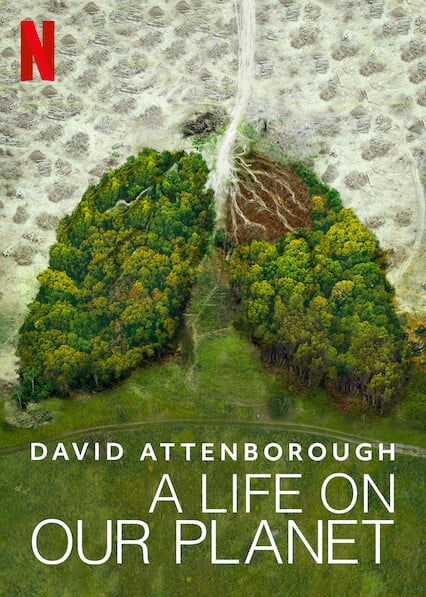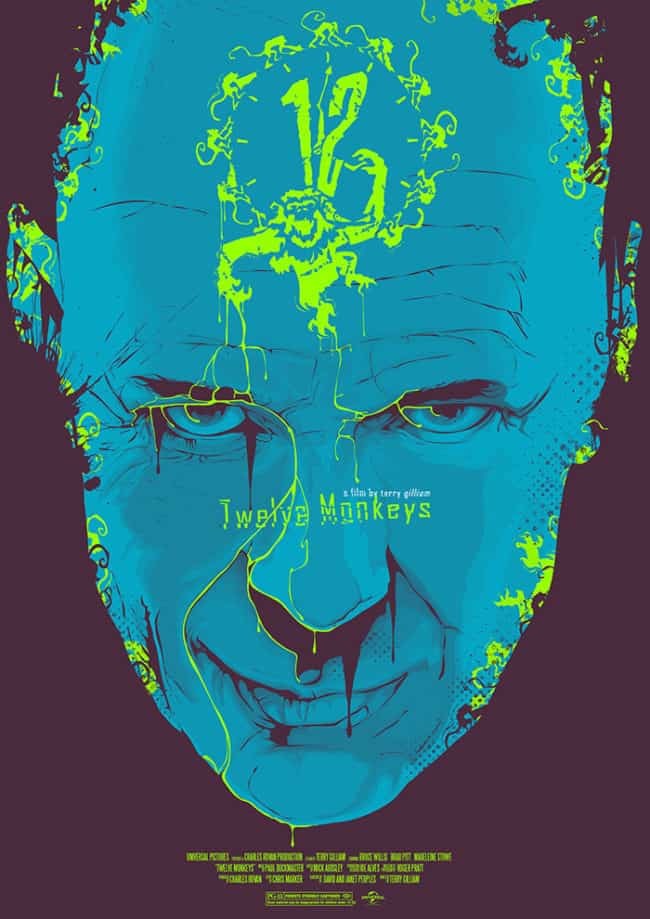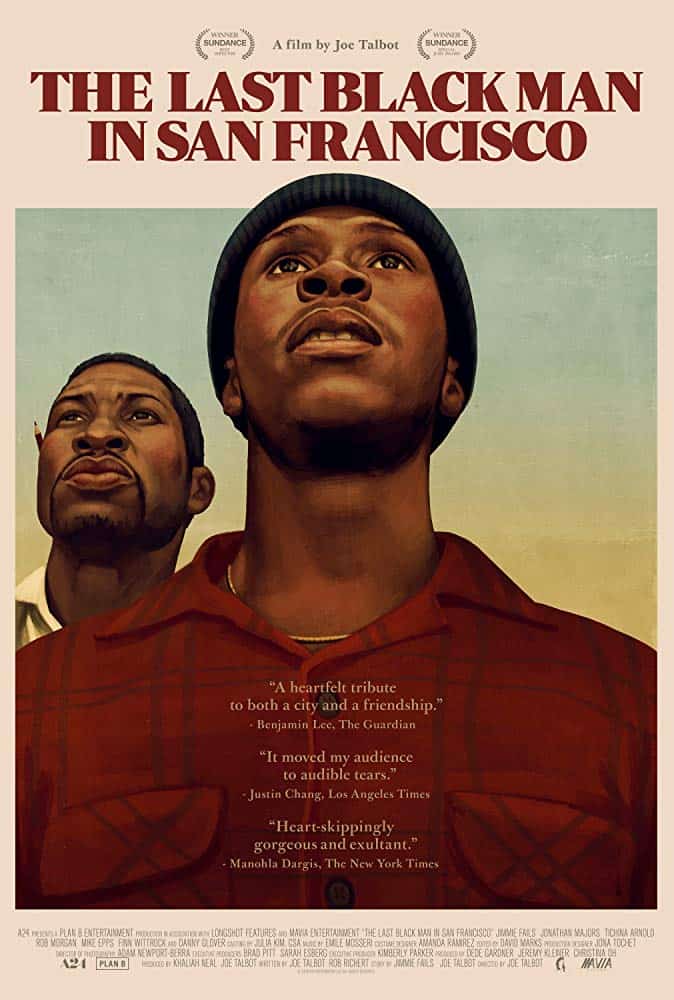October’s release schedule has created the mirage that things are somewhat back to normal – almost eighty new scores released that month! That many new scores means a lot of good music. Unfortunately, there are far, far too many scores for me to cover in one article. At the very least, you can scroll to the bottom to see a list of other great scores released in October.
Horror Scores Rule the Month
Not surprisingly, October was full of great horror scores. First up, Jim Williams delivers a noisy, uncomfortable, and grating score for Possessor. Williams’ score embodies pain and torment. Possessor builds on the droning style that Williams first set forth in his earlier work A Field in England, but with additional layers, techniques, and instrumentation. This creates extra weight in each cue that pummels the listener into submission.
Adam Janota Bzowski’s score to Saint Maud has some similarities to Possessor (the instances of drone and overall unsettling feeling) but is much more stripped-down. Rumbling, slow-pulsing bass interrupts your heartbeat while strings and chants burst into piercing heights. Bzowski also plays with silence and near-silence to misdirect the listener. At times these moments morph into lulling, gentle interludes while at others, alien sounding percussion breaks the silence, bringing with it an inherent discomfort of the unknown.
A third score that relishes in dread is Lustmord and Christopher Young’s The Empty Man. The primordial groans of Lustmord’s signature style mix with Young’s unusual repetitions and cinematic orchestrations. The genre and style amalgamation probably shouldn’t work, but it does. It is ambitious, unsettling, and downright interesting, and hopefully it ushers in further unexpected collaborations.
A Modern Western
Florencia Di Concilio channels the sound of older American and Spaghetti Westerns in her score to Calamity, une enfance de Martha Jane Cannary. But it isn’t a simple pastiche. Concilio modernizes the sound, making it sleeker and more energetic than its predecessors. It also bucks the gritty and bleak trend prevalent in so many contemporary Westerns, showing how lively and exhilarating the genre can be.
A Call To Arms

Steven Price issues a call to action in his score for David Attenborough: A Life on Our Planet. The documentary surveys Attenborough’s life while also acting as his “witness statement” to the devastation our planet faces. As a result, Price balances the awe and majesty of the natural wonders of the world (occasionally channeling his inner Philip Glass in the process) with a somber reflection of what may come. Most poignantly though is the heavy use of Attenborough’s own words throughout the score’s 70+ minute length, amplifying this already powerful work. While at this point in 2020 many of us may want to bury our heads in the sand and hide, Price drives us to action. As Attenborough says near the end of the score: “[w]e alone are able to imagine the future. For a long time I, and perhaps you, have dreaded that future. But now, it has become apparent that it is not all doom and gloom: there is a chance for us to make amends.”
Some More Favorites
I don’t always have the time to write about every single score good score that releases in a given month, and October is no exception. A few of my other favorites include:
- 12 Hour Shift – Matt Glass
- San Mao: The Desert Bride – Marc Timon Barcelo
- Tove – Matti Bye
- The Artist’s Wife – Jeff Grace
- The Witches – Alan Silvestri
- The Craft: Legacy – Heather Christian



